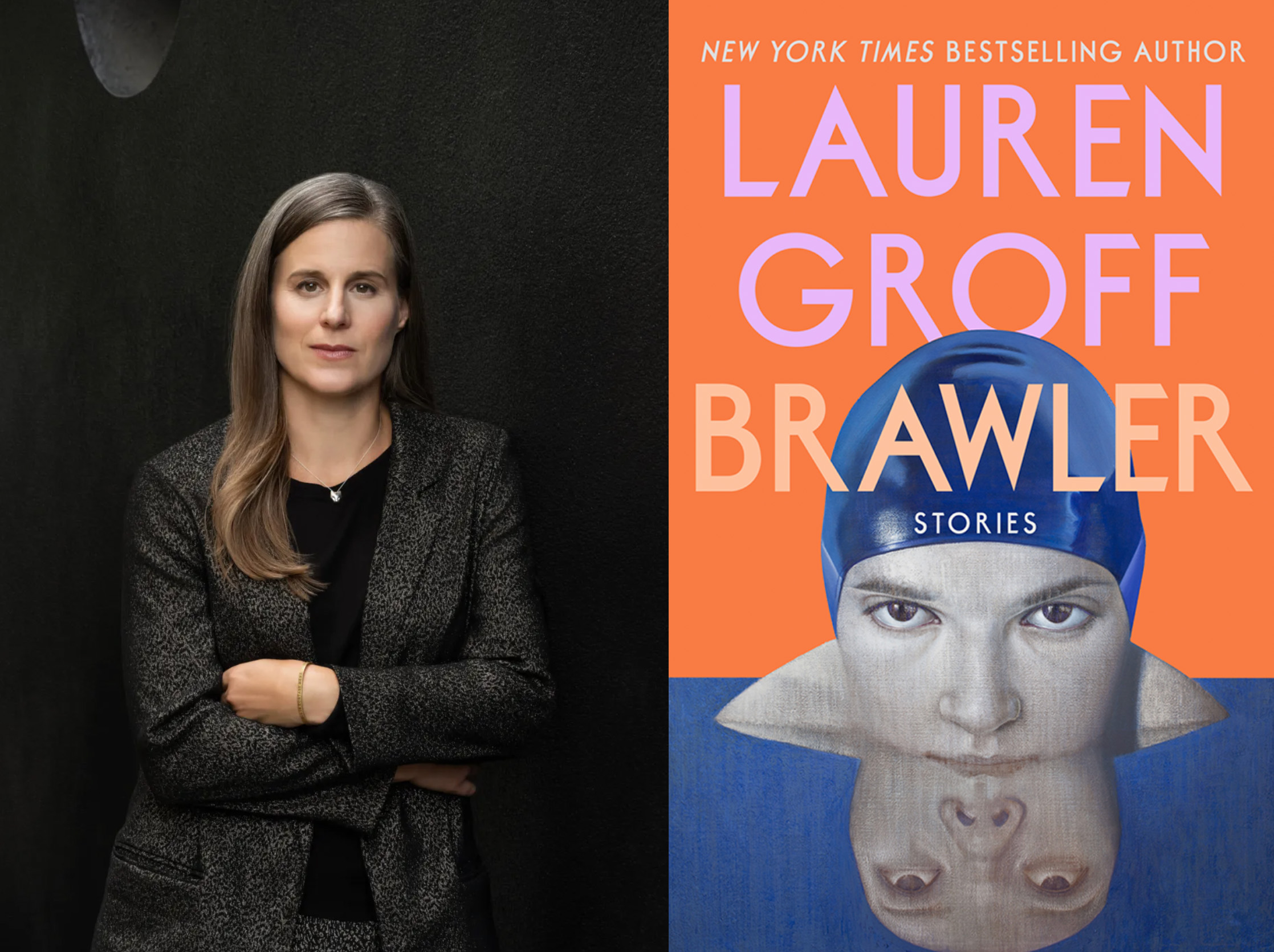Transcript: Ben Stroud Podcast.
Ben Stroud speaks to managing editor Emily Everett about his story “Three Omens of Federico da Montefeltro,” which appears in The Common’s spring issue. The story fictionalizes a moment in the lives of historical figures from fifteenth-century Italy. In this conversation, Ben talks about finding his interest in writing stories set in ancient and medieval times, and what kind of research and play is required to blend fact and fiction in those stories. He also discusses his process for revising his work and teaching creative writing.

On finding his niche in historical fiction:
“When I went to my MFA program, I started reading writers like Jim Shepard or Steven Millhauser, and others, I remember being blown away by them. How do you even do this? It felt like an impossible thing to do. But I thought, ‘I’m here in this program, the whole point of being here is to stretch yourself and try new things.’ So that’s when I started writing one of the first historical stories, which ended up being the title story of my collection, Byzantium. The first version of it was completely different, but I wrote it for my workshop. And then I started asking more questions, doing a lot more reading, and anytime an author would come through who wrote in that vein, I’d ask them questions.”
On revising for tension and stakes:
“There’s a certain stage of revision that’s really finding my way to the heart of the story, figuring out what the stakes will be. And from there it’s a process of refining and refining, shaving it down. There were versions of this story that were fuzzier. I tried to keep a sharp line through it. Earlier versions had more doubt, more wiggle room.”
On revising historical fiction:
“With every story, you have to teach the reader how to read it. You have to teach the reader what matters. You have to do all of that without the reader figuring it out, without it feeling too burdensome. In this story that felt like an extra challenge, because it was such a distant place in time. A lot of the work in revision was trying to figure out what matters and what doesn’t matter. What does the reader need to know? And then how do I sequence those details in the story, how do I drop in those things? … This story had 48 drafts. That’s a lot for me; I usually do at least 15 to 20 drafts. I think this story took more because there was so much to distill.”
Ben Stroud is the author of the story collection Byzantium, which won the 2013 Story Prize Spotlight Award and the Bread Loaf Writers’ Conference Bakeless Prize for fiction. His stories have been published in Harper’s, Zoetrope, Virginia Quarterly Review, Oxford American, VICE, and One Story, among other places, and have been anthologized in the Pushcart Prize Anthology, New Stories from the South, and The Best American Mystery Stories. He is currently associate professor of English and creative writing at the University of Toledo.
Read Ben’s story in The Common at thecommononline.org/three-omens-of-federico-da-montefeltro.
Follow Ben on Twitter at @bencstroud.
The Common is a print and online literary magazine publishing stories, essays, and poems that deepen our collective sense of place. On our podcast and in our pages, The Common features established and emerging writers from around the world. Read more and subscribe to the magazine at thecommononline.org, and follow us on Twitter @CommonMag.
Emily Everett is managing editor of the magazine and host of the podcast. Her debut novel is forthcoming from Putnam Books. Her stories appear in the Kenyon Review, Electric Literature, Tin House Online, and Mississippi Review. She holds an MA in literature from Queen Mary University of London, and a BA from Smith College. Say hello on Twitter @Public_Emily.



